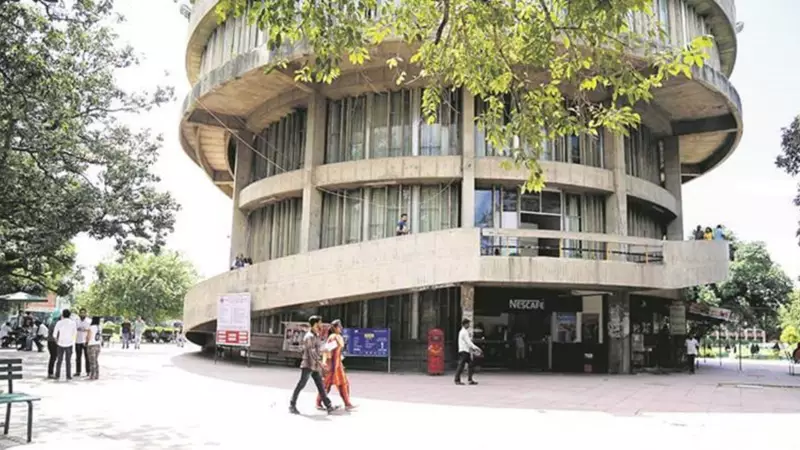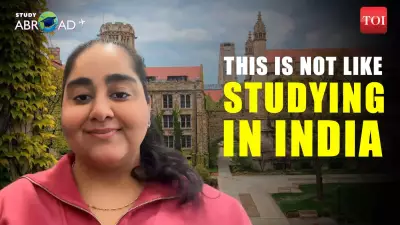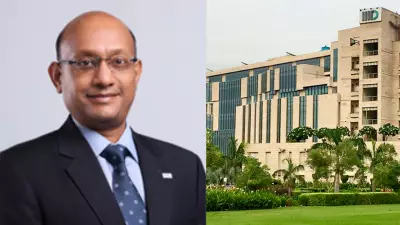
The unity of the PU Bachao Morcha, a coalition of student groups that recently led massive demonstrations at Panjab University, has been fractured. The movement, which was formed to demand Senate elections and challenge recent administrative decisions, witnessed its first major split on Wednesday when a prominent member resigned, citing a dangerous shift towards regionalism.
Key Leader Resigns, Citing Lost Direction
Mohit Manderana, the Joint Secretary of the Panjab University Campus Students’ Council (PUCSC) and a central figure in the earlier PU Affidavit campaign, stepped down from the collective. He publicly stated that the morcha had “lost direction” and strayed from its original purpose. Manderana argued that the struggle, initially aimed at safeguarding the university from political interference, particularly from the BJP and RSS ideology, had been derailed.
He specifically pointed to the protest held on November 10, which he claimed transformed from a fight for the university's democratic structure into a contentious debate about regional ownership. “The November 10 protest turned into something else, it became about regional ownership, not about saving the university,” Manderana told The Indian Express.
The Heart of the Controversy: A University's Identity
The core of the disagreement lies in the framing of Panjab University's identity. Manderana strongly criticised attempts to portray the agitation as a fight for Punjab’s “sole ownership” of the institution. He provided a historical perspective, reminding everyone that the university historically belonged to the undivided “Maha Punjab” region, which included territories that are now part of present-day Haryana and Himachal Pradesh.
“To now say PU belongs only to Punjab is inaccurate and unfair. This university was meant to be shared, not claimed,” he asserted. Beyond the regional dispute, Manderana also championed the cause of student representation, asking a pivotal question: “If teachers and staff have seats in the Senate, why not students — the largest stakeholders?”
Internal Tensions Exposed
The resignation has brought to the surface the underlying tensions between Punjab-based and Haryana-based student groups within the morcha. While Ashmit Singh, the PUCSC Vice-President, stated that he respected Manderana's decision, he disagreed with his viewpoint. Singh clarified the morcha's position, saying, “When we say PU belongs to Punjab, we mean it culturally and geographically.”
The PU Bachao Morcha is comprised of several groups, including SATH, SFS, PSU (Lalkar), NSUI, AISA, and SOI. Last week, this coalition led significant demonstrations demanding the university announce Senate elections and roll back recent administrative decisions. Manderana's departure marks a critical juncture for the movement, exposing the fragile alliances and differing ideologies that threaten its collective strength going forward.





